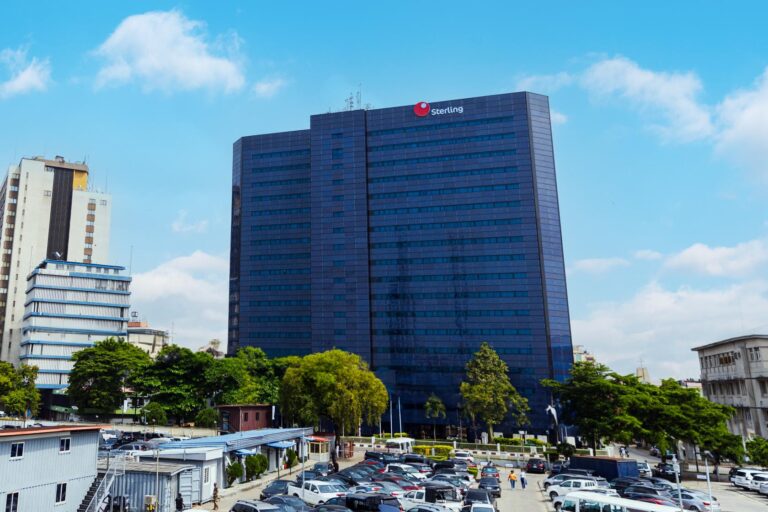Sterling Bank opened an account for Indo Kaduna MRTS JV Nigeria Limited, a joint venture established in 2016 by the Kaduna State Government and several Indian business partners. The bank received billions of naira on behalf of the company before it was legally registered, raising concerns about regulatory lapses in Nigeria’s banking sector.
An investigation by the Independent Corrupt Practices and Other Related Offences Commission (ICPC) uncovered an alleged diversion of N1.37 billion from the N11 billion paid by the Kaduna State Government under the previous governor, Nasir El-Rufai. These payments were made for the state’s now-abandoned light rail project.
The commission found that payments to Indo Kaduna MRTS JV were approved by Mr. El-Rufai’s administration before the entity was officially registered. This action directly contravenes banking regulations, which stipulate that corporate accounts can only be opened for legally incorporated businesses. The Central Bank of Nigeria’s (CBN) Know Your Customer (KYC) guidelines require financial institutions to verify the legal status of corporate entities before allowing them to open accounts.
The CBN rules explicitly warn against processing transactions for “brass plate” companies, which are entities whose controlling figures cannot be identified. Banks must verify a company’s registration number, official corporate name, directors, shareholders, and principal trading address through official documents and searches at the Corporate Affairs Commission (CAC).
The guidelines state, “Due to the complexity of their organisations and structures, corporate and legal entities are often the most likely vehicles for money laundering, especially those that are private companies fronted by legitimate trading companies. Care should be taken to verify the applicant’s legal existence from official documents or sources and to ensure that any individual acting on behalf of the applicant is fully authorized. Enquiries should confirm that the company is not merely a ‘brass plate company’ where the controlling figures cannot be identified.”
The ICPC alleged that the Kaduna State Government made substantial payments to Indo Kaduna MRTS JV before it was legally incorporated, breaching public procurement regulations. The commission noted that the entity did not meet the necessary requirements at the time its account was opened. Indo Kaduna MRTS JV was officially registered with the Corporate Affairs Commission on May 10, 2017, despite Mr. El-Rufai approving payments as early as December 2016. Between December 2016 and January 2017, the previous governor authorized N11.1 billion in payments to the entity, raising questions about Sterling Bank’s due diligence.
Standard procurement procedures mandate that contracts are awarded only to legally recognized businesses, with proper verification of their operational status. Sterling Bank’s corporate account requirements include submitting a certificate of incorporation, a board resolution, a list of directors (Form C07), a shareholding structure (Form C02), tax identification numbers, bank verification numbers (BVN) for all directors, and corporate references.
The ability of Indo Kaduna MRTS JV to secure an account and process transactions before its legal registration raises concerns about potential breaches of these requirements. Additionally, the CBN’s KYC framework mandates a risk-based approach to corporate account openings, requiring banks to ensure that applicants are not shell companies or vehicles for money laundering. Financial institutions are expected to conduct searches at the CAC to confirm that a company is not in the process of being dissolved, struck off, or wound up.
In response to the allegations, former members of the Kaduna State Executive Council (2015–2023) rejected the claims of financial mismanagement related to the project, describing the ICPC’s move to seize N1.3 billion as unjustified. They explained that the project was conceived in 2015 as a Public-Private Partnership, with the Indian firm Skipper securing the contract. The state government committed 15% of the estimated $600–700 million cost while seeking an 85% loan from India’s EXIM Bank. They noted that a feasibility study conducted by French firms Systra and GTA Engineering, which cost $2.8 million, was duly approved by the state government.
According to the officials, the project stalled when the federal government declined to provide a sovereign guarantee, which led to the recall of funds. A forensic audit subsequently confirmed the refunds. However, the ICPC initially alleged that N13 billion was missing before prompting Sterling Bank to take action.

